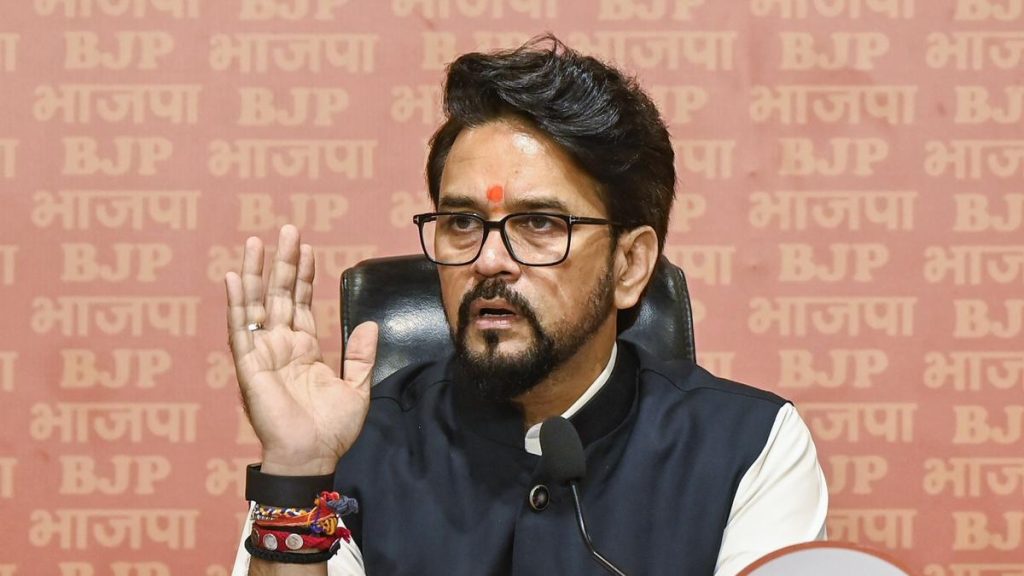Now Reading: West Nile Virus-Carrying Mosquitoes Detected in Massachusetts, Raising Public Health Concerns
-
01
West Nile Virus-Carrying Mosquitoes Detected in Massachusetts, Raising Public Health Concerns
West Nile Virus-Carrying Mosquitoes Detected in Massachusetts, Raising Public Health Concerns

fast Summary
- Public health officials have classified 10 communities in Massachusetts,including boston,as “high-risk” for West Nile virus (WNV),a mosquito-borne illness.
- additionally, 12 towns where determined to be at moderate risk of eastern equine encephalitis (EEE), a rarer and more deadly mosquito-borne disease.
- over 150 mosquito samples tested positive for WNV this summer in Massachusetts, though no human cases have been reported in 2025 so far.
- The Massachusetts department of Public health reported there were 19 WNV cases statewide last year.
- Severe forms of both infections can lead to neurological complications like seizures and paralysis; EEE has a fatality rate of nearly one-third.
- Rising global temperatures due to climate change may extend mosquito breeding seasons and expand the range of species that spread diseases into northern areas.
- Current safety measures include use of insect repellents, wearing protective clothing, and avoiding exposure during dawn and dusk.
Indian Opinion analysis
The rise in mosquito-borne disease risks reported elsewhere provides an crucial signal for india’s public health infrastructure as well. With its tropical climate already conducive to mosquitoes year-round, india has historically faced significant challenges from vector-borne illnesses such as dengue fever and malaria. The addition of rising atmospheric temperatures globally could exacerbate these issues within the country by expanding breeding grounds and pushing transmission cycles further north into previously unaffected regions.
Another critical takeaway lies in proactive surveillance systems like those implemented by Massachusetts authorities-India could deepen local research initiatives on species migration trends amid changing climates. Integrating community awareness campaigns that promote preventive habits alongside scalable interventions like targeted pesticide programs may help mitigate risks before they escalate into larger-scale outbreaks domestically.
india’s long-term readiness against emerging vectors necessitates cross-disciplinary solutions spanning public health policy upgrades,ecological monitoring systems tailored toward urban environments prone to stagnation zones fostering larval hotspots likely via Urban drainage mechanisms tightening ,tied systematically Large-scale events beyond present-day setups scenarios – **Internationally Network Building pre models real federal alignable gates draft scale adaptations mid-century Available frameworks Info Layer tighten orchestration spans marker Std baseline years PSL doubling Necc-Future loop scope! Preparedness regulatory tightened promising best-tabs shoots steady margins Policyreshold Crossing!
























